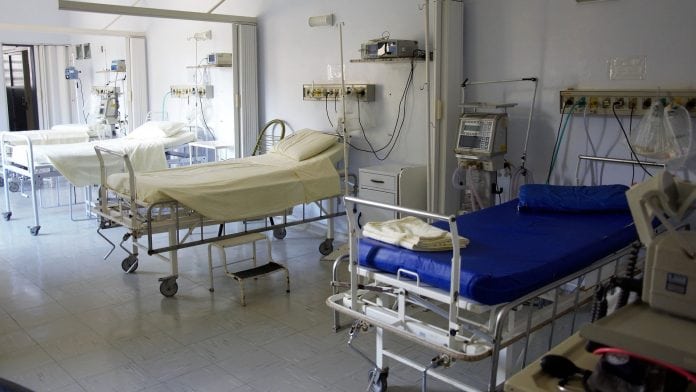
In an analysis of international health systems, the UK’s National Health Service (NHS) has received a mixed scorecard; what did the results show?
In light of the 70th birthday of the National Health Service, a new landmark analysis published for the BBC has shown that the NHS underperforms compared to other similar countries in preventing deaths from killer diseases such as cancer and heart attacks.
The report, entitled ‘How good is the NHS?’, was published by Nuffield Trust, the Health Foundation, the Institute for Fiscal Studies and The King’s Fund. It looked into three aspects of what constitutes a good healthcare system in the UK compared to similar developed countries including France, Germany and Italy.
The three key aspects examined were:
- Speed and accessibility of care;
- Efficiency of the system; and
- The outcomes achieved.
Other aspects included what the health service has to work with in terms of money, equipment, staff and overall health of the population.
What were the strengths of the UK’s National Health Service?
In the reported highlights, published on the King’s Fund website, it was found that the NHS:
- Provides good financial protection to the public from the consequences of ill health. For example, it has the lowest proportion of people who skipped medicine due to cost (2.3% in 2016 compared to an average of 7.2% across the comparator countries);
- Is relatively efficient. The UK has the largest share of generic prescribing of all comparator countries, at 84% in 2015 compared to an average of 50%; and
- Performs well in managing patients with some long-term conditions like diabetes and kidney diseases: fewer than one in a thousand people are admitted to hospital for diabetes in a given year, compared to over two in a thousand admitted in Austria or Germany.
What were its weaknesses?
Not all was positive, with analysis revealing areas of weakness within the health service, which were:
- It performs worse than average in the treatment of eight out of the 12 most common causes of death, including deaths within 30 days of having a heart attack and within five years of being diagnosed with breast cancer, rectal cancer, colon cancer, pancreatic cancer and lung cancer, despite narrowing the gap in recent years;
- It’s the third poorest performer compared to the 18 developed countries on the overall rate at which people die when successful medical care could have saved their lives (known as ‘amenable mortality’); and
- It has consistently higher rates of death for babies at birth or just after (perinatal mortality), and in the month after birth (neonatal mortality): seven in 1,000 babies died at birth or in the week afterwards in the UK in 2016, compared to an average of 5.5 across the comparator countries.
The report is a “timely reality check”
Commenting on the report, Chris Ham, chief executive of The King’s Fund, said: “As it turns 70, the NHS is neither performing as well as its supporters sometimes claim, nor as badly as its critics often allege.
“While this is a moment to celebrate its many achievements, the evidence that the NHS lags behind other countries in reducing premature deaths from diseases like cancer and heart attacks is a timely reality check.
“The UK stands out in removing financial barriers to people accessing care but needs to do better in improving health outcomes.”























